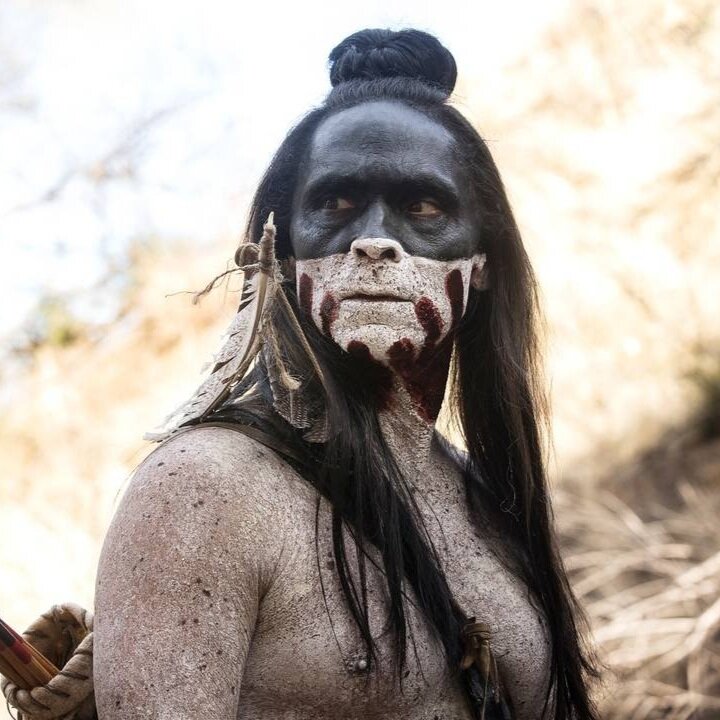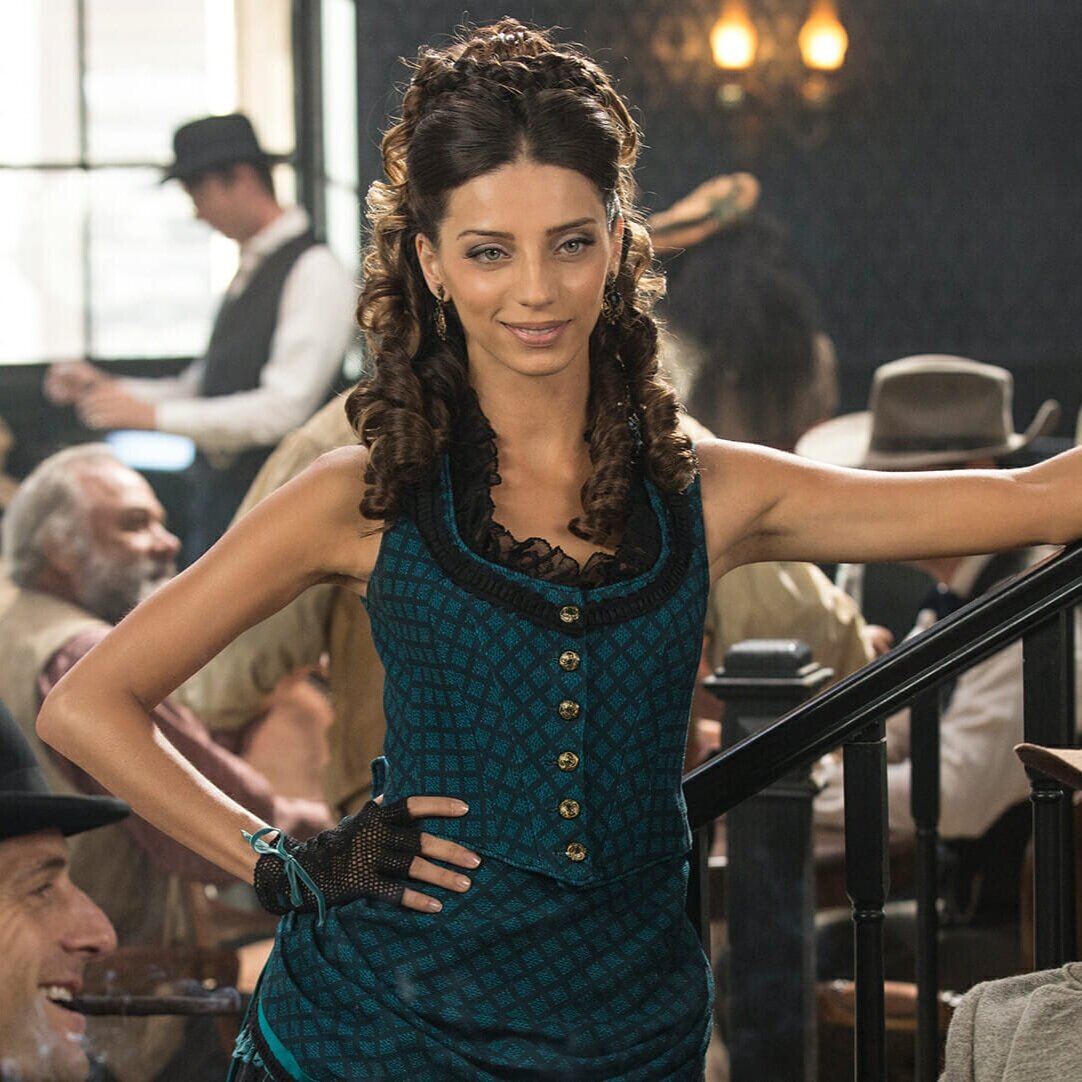Westworld: Episode 2
The second episode of Westworld delves into tense, fast-paced action that suggests the crumbling foundation of the park. As the hosts encounter dreams, free will, and more human experiences, the story follows visitors Logan and William into the heart of the resort. The episode is eerily successful at depicting the individual cruelties that a majority of the park’s visitors impart on the hosts. The fear and anguish in the hosts’ expressions alone causes the viewer a great deal of pain, and a growing resentment towards their own kin, the human abusers.
The introduction of visitors Logan and William is essentially a microcosm of a larger division in human society: there are two ends to the spectrum encompassing the innocent and good, and the sinful and cruel. This is first shown when Logan scolds William for trying to assist an old man who falls to the ground. While William insists on helping, Logan brushes it off and insists that the staff will sweep the old host up. Later, the old man approaches the men at their dinner table and offers William a quest as thanks for his assistance, and Logan tells the man to shut his mouth and leave them alone. The difference between Logan and William is definitively established when Logan stabs the man through the hand and ignores his screams of what appears to be genuine pain. William is in disbelief and evidently struggles to objectify the hosts in the same way Logan does. Logan is subsequently shown in an explicit scene with three women while William turns down a single prostitute in bad conscience.
This relationship between two friends shows just how deeply our values our rooted into our core. Westworld strongly suggests that the good are good by nature, and the bad are sinful to the core, stripping visitors of their inhibitions and therefore exposes the raw purity or contamination within each guest. We feel an unexplained shame from the sight of the guests and their actions because a disturbing human truth lies within those violent delights.
And while this contrast is established, the episode continues to factor in the storylines from the pilot. Maeve and Clementine continue to work as prostitutes, but not without new and unusual feelings of memories and nightmares. Teddy is always present to meet Dolores and further their romantic path, until he is shot over five times by a guest on a killing spree. Interestingly enough, William seems to take Teddy’s place as he interacts with Dolores, picking up her fallen item, instead of Teddy, and showing a genuine hint of kind, romantic interest. In the end, we are left with more concerns about the flaws of the hosts’ coding and greater aversion towards the human guests. We have to wonder, how can robots feel pain as they fail to protect their family from murder? How can they dream without being programmed to do so? We find ourselves hoping to see the hosts escape their captors and overcome the unusual, dreamlike memories that plague them. We wish for the hosts to overcome their abusers even though we struggle to admit that we are rooting against ourselves. We realize just how cruel the guests can be, and we cheer for the victims without acknowledging that we, the humans, are the ones to blame.
HBO’s productions are also known for violence and intimacy in excess; Westworld’s writers and producers have chosen to be more brutal, but also more selective as they establish this microcosm. The most frightening part of the series has not proven to be the gore, nor the action, but rather that the concept of such a place does not seem far-fetched. We can believe that a person given a gun will kill for sport if no consequences are presented. We can believe that a person given access to hosts will use them however he or she pleases and succumb to any temptation provided.
Westworld addresses how humans would live if there were no consequences, if no one was looking. This becomes more and more unsettling as we realize that the story is more a potential reality than it is fiction.










